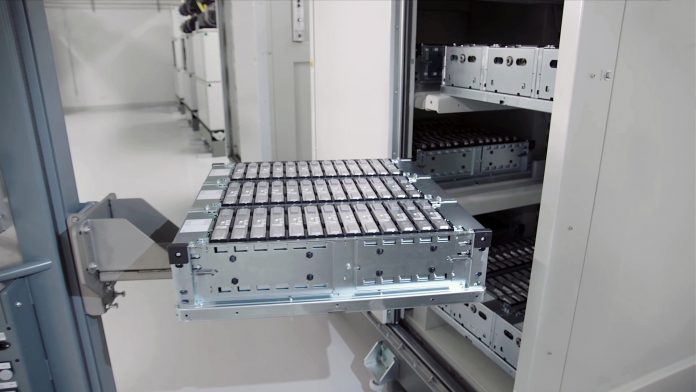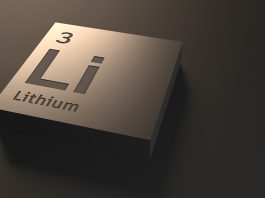Galvanic reflect on how the announcement of President Joe Biden’s Inflation Reduction Act (IRA) could accelerate the US’ lithium production, as the country plans to dominate the electric vehicle (EV) industry.
In the midst of an economic battle with China, the US has delivered a strong and clear mandate to develop an American EV industry from the ground up.
The Reduction Act contains tax credits and incentives that will nurture US supply chain growth, extending from the showroom floor to domestic battery manufacturers and the lithium production industry.
How the Reduction Act will boost American EV production
The law restricts federal tax credit dollars for US EV buyers, which will encourage consumers to buy American. The measure is designed to reduce demand for Chinese battery imports and grow the market for lithium battery production in the US, or by a close American ally.
“The IRA will go a long way towards accelerating the build-out of a more regionalised EV supply chain,” said Chris Berry, President of US consultancy, House Mountain Partners.
An article by Forbes, titled ‘How the Inflation Reduction Act Could Cause a Lithium Crunch,’ credits the new law with making several significant changes concerning federal subsidies for EVs.
Beginning in 2024, the $7,500 tax credit for EV buyers will only apply to vehicles assembled in North America. Furthermore, a portion of the critical minerals used in batteries, including lithium, will have to come from North America or a US trading partner. The US has 20 free-trade partners, but only Australia and Chile have an accelerated lithium production industry.
The Forbes report states that the critical mineral requirements set out by the IRA will be phased in gradually. Starting in 2024, 40% of critical minerals found in EV batteries will have to be extracted, recycled, or processed in the United States, or by a US free-trade partner.
This percentage will rise to 80% by the end of 2026. Moreover, starting in 2024, 50% of battery components will have to be produced in North America, with the number increasing to 100% by the end of 2028. Lastly, the law allows lithium producers to seek production tax credits that are equal to 10% of their operating costs.
Establishing a new lithium supply chain
While industry watchers are encouraged by the potential momentum the Reduction Act could create for the US lithium production industry, the country remains far behind China and others when it comes to developing the supply chain it needs to serve a growing EV market.
According to Simon Moores, Benchmark Mineral Intelligence Chief Executive of Lithium Market Analysis, establishing a steady lithium production supply chain would take the better part of a decade. He also noted that it would be impossible for any of the US’ free trade partners to fully replace China’s role in raw material imports before 2024.
While there is still much uncertainty surrounding the American lithium supply chain, the IRA has set the stage for greater consumer demand for US lithium and American-made EV batteries. Despite this, price pressure and environmental resistance remain potential market challenges.
Questions surrounding the future of the US electric vehicle industry may not be resolved anytime soon, but this new law certainly places North America at the centre of the EV race.








